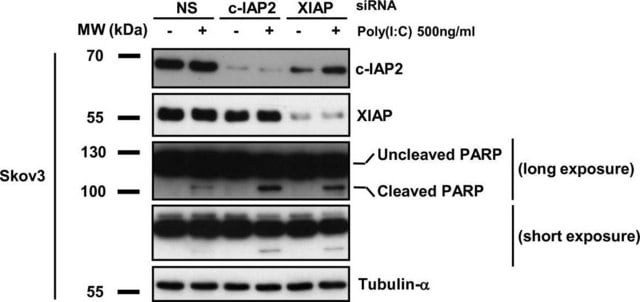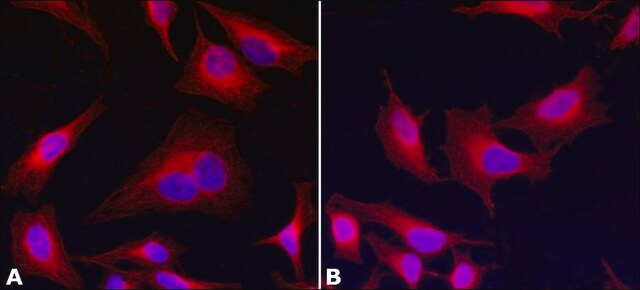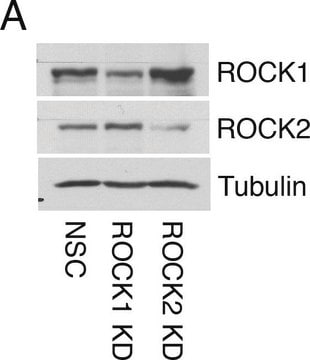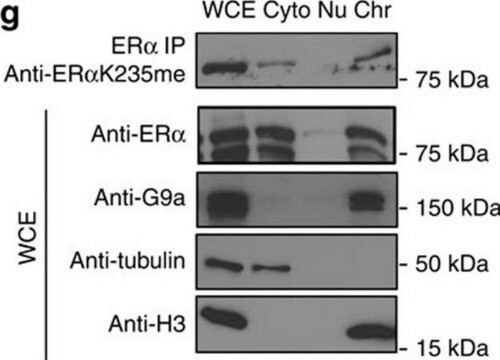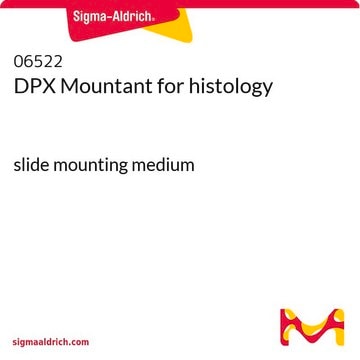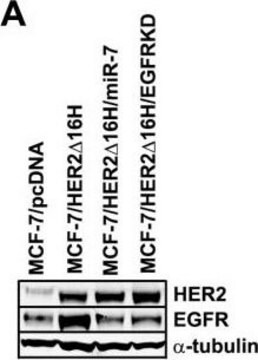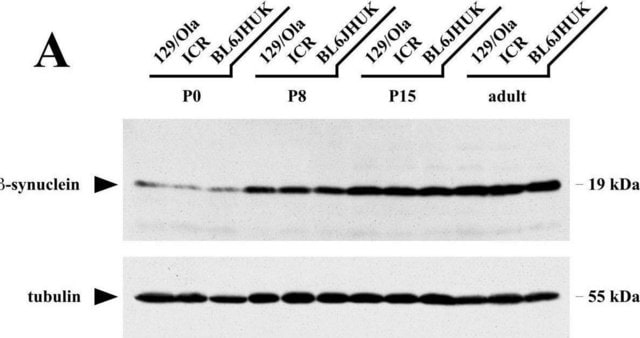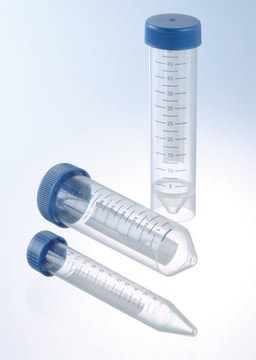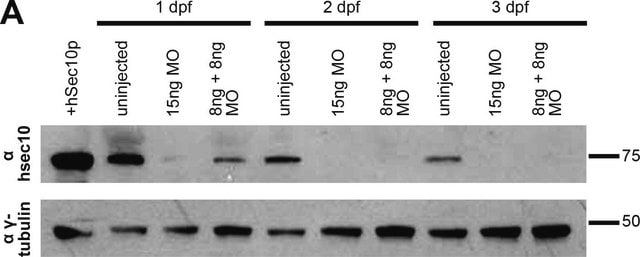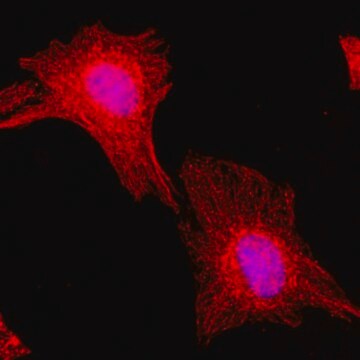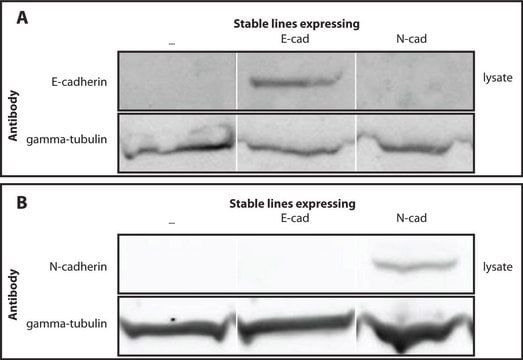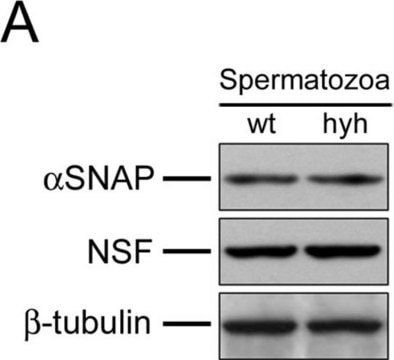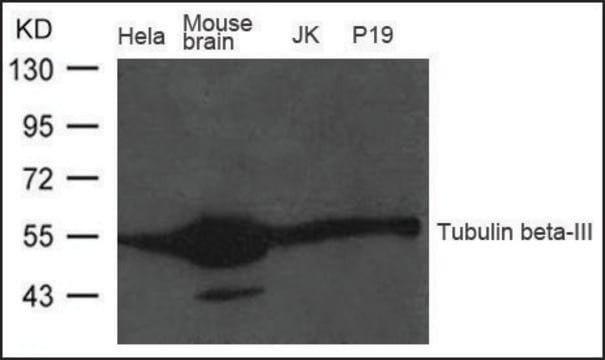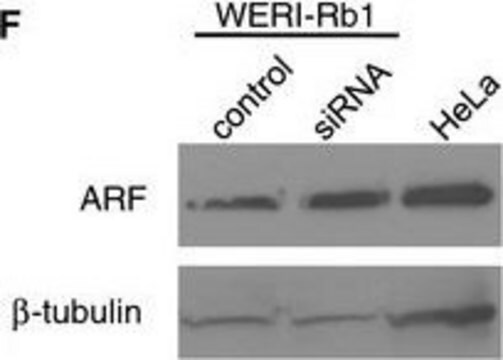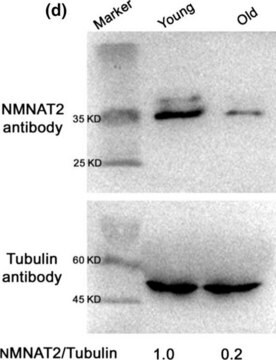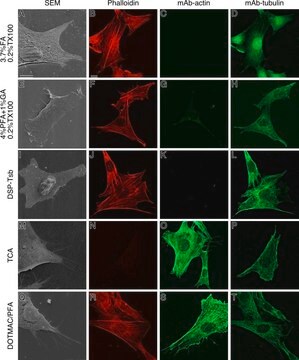T3526
Anti-Tubulin antibody produced in rabbit
whole antiserum
Synonym(s):
Anti-K-ALPHA-1
About This Item
Recommended Products
biological source
rabbit
Quality Level
conjugate
unconjugated
antibody form
whole antiserum
antibody product type
primary antibodies
clone
polyclonal
contains
15 mM sodium azide
species reactivity
chicken, mouse
technique(s)
indirect immunofluorescence: 1:80 using cultured fibroblasts
western blot: 1:200 using chicken gizzard extract or mouse brain extract
UniProt accession no.
shipped in
dry ice
storage temp.
−20°C
target post-translational modification
unmodified
Gene Information
mouse ... Tuba1b(22143) , Tubb2a(22151) , Tubb2b(73710) , Tubb2c(227613)
Related Categories
General description
Specificity
Immunogen
Application
Biochem/physiol Actions
Disclaimer
Not finding the right product?
Try our Product Selector Tool.
Storage Class Code
10 - Combustible liquids
WGK
WGK 3
Flash Point(F)
Not applicable
Flash Point(C)
Not applicable
Personal Protective Equipment
Choose from one of the most recent versions:
Certificates of Analysis (COA)
Don't see the Right Version?
If you require a particular version, you can look up a specific certificate by the Lot or Batch number.
Already Own This Product?
Find documentation for the products that you have recently purchased in the Document Library.
Customers Also Viewed
Articles
Microtubules of the eukaryotic cytoskeleton are composed of a heterodimer of α- and β-tubulin. In addition to α-and β-tubulin, several other tubulins have been identified, bringing the number of distinct tubulin classes to seven.
Our team of scientists has experience in all areas of research including Life Science, Material Science, Chemical Synthesis, Chromatography, Analytical and many others.
Contact Technical Service